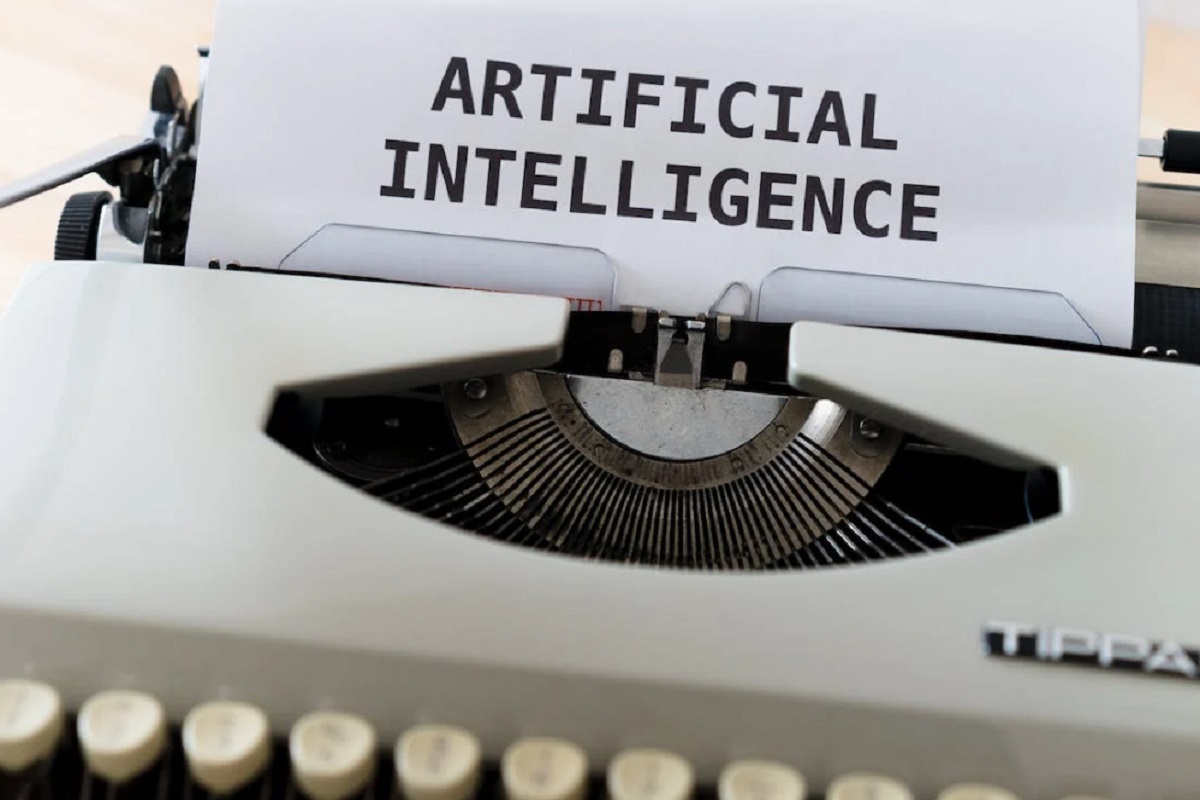Google and OpenAI, which are currently the main players in the fast-growing field of generative artificial intelligence, hold different positions on what form and scale should have the system of regulating the process of development and dissemination of technology that has the potential to literally change the world.

The published reports contain information about a significant discrepancy between Google’s views and the opinion of OpenAI and its partner Microsoft on the issue of the regulatory framework for the AI industry. On Tuesday, June 13, it became known that Google, in its statement sent to the US Department of Commerce, asks to transfer the supervision of artificial intelligence to existing agencies led by the National Institute of Standards and Technology (NIST).
Kent Walker, President of Google and Alphabet for Global Affairs, said that due to the fact that AI will affect a lot of industries, there is a need for regulatory bodies that understand the unique specifics of each of these sectors.
At the same time, OpenAI CEO Sam Altman, during a hearing in the US Senate in May, said that reducing the level of risk associated with the development of the AI industry is possible in the event of government intervention, which, in his opinion, will be crucial. In this case, a more centralized and specialized approach to regulating the process of scaling the use of artificial intelligence is proposed.
The OpenAI blog post, which was published on May 22, contains a statement that an organization like the International Atomic Energy Agency (IAEA), but focused on superintelligence, is required to control AI. This message also promotes the idea that any efforts exceeding the threshold of capabilities or resources, such as computing power, should be coordinated with an international regulator, whose powers should include inspection of AI systems, an audit request, verification of compliance with security standards, decisions on limiting the degree of deployment.
In Google’s response to the Commerce Department’s request for comment, it was stated that the technology giant adheres to a concept called Hub-and-Spoke, led by a central agency such as the National Institute of Standards and Technology (NIST), which informs industry regulators, oversees the introduction of artificial intelligence. Separately, the company noted that it does not support the idea of creating an AI Department.
Helen Toner, director of the Georgetown Center for Security and New Technologies, says that currently, in the context of discussions about the control of advanced technology, the most pressing issue is the feasibility of a new agency focused on artificial intelligence. Separately, she noted that it is necessary to definitively determine the readiness of existing industry regulators for this activity or to agree on the need for centralized control over all types of AI.
The Biden administration is currently studying this issue. Many experts, against the background of OpenAI’s call for IAEA-style superintelligence supervision, expect decisive retaliatory measures from regulators.
As we have reported earlier, OpenAI CEO Calls For Global Cooperation to Regulate AI.









